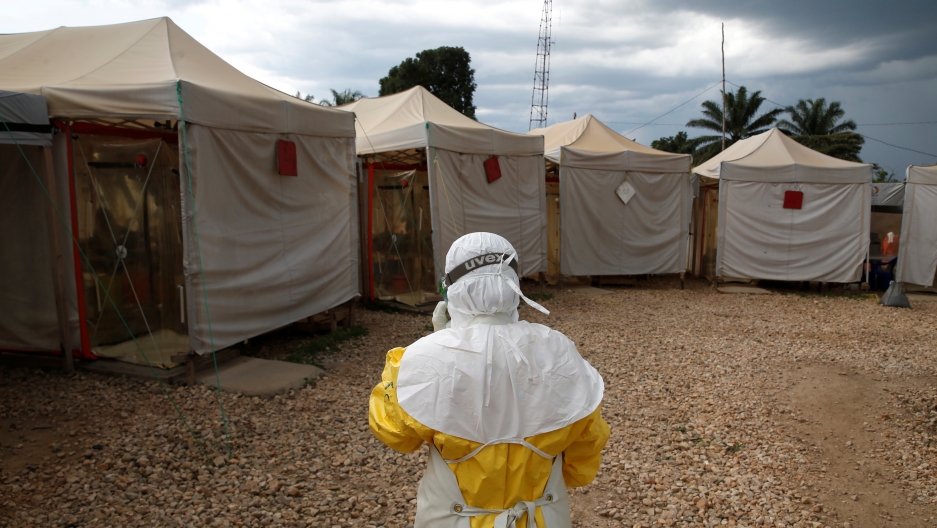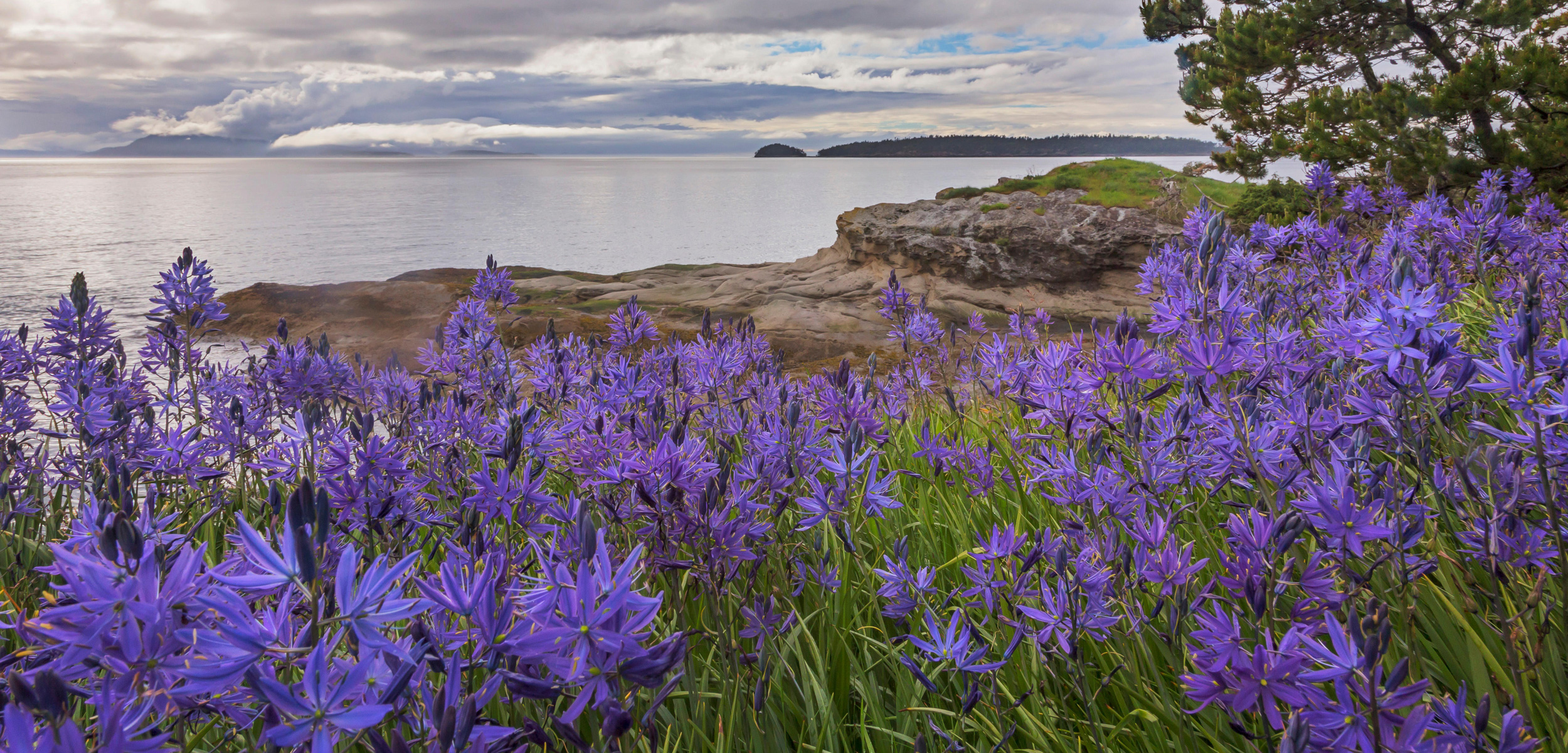rbkwp
Mythical Member
- Joined
- Aug 21, 2007
- Posts
- 93,597
- Media
- 1
- Likes
- 52,864
- Points
- 608
- Location
- Auckland, Auckland, NZ
- Sexuality
- 100% Gay, 0% Straight
- Gender
- Male
not sillyimmediate action,admirable i think
take pollution into account
Siberian Wildfires Prompt Russia to Declare a State of Emergency
Temperatures that have been soaring with climate change combined with lightning and winds to burn vast areas of forest and send smoke hundreds of miles into cities.
BY HENRY FOY & NASTASSIA ASTRASHEUSKAYA, FINANCIAL TIMES
JUL 31, 2019
![wildfire-volunteers-irkutsk-900_kirill-shipitsin-tass-via-getty.jpg]()
Volunteers fought a wildfire near a summer camp for children in Siberia in late May. With rising temperatures, wildfires have also broken out in Alaska and across the northern boreal forests this year. Credit: Kirill Shipitsin\TASS via Getty Images
ICN occasionally publishes Financial Times articles to bring you more international climate reporting.
Russia has declared a state of emergency in five Siberian regions after wildfires engulfed an area of forest almost the size of Belgium amid record high temperatures as a result of climate change.
Officials said 2.7 million hectares of forest (about 10,400 square miles) were ablaze on Tuesday as soaring temperatures, lightning storms and strong winds combined, sending smoke hundreds of miles to reach some of Russia's biggest regional cities.
The fires, which began earlier this month, and the Russian government's lacklustre response have raised concerns over Moscow's commitment to addressing climate change. The country relies heavily on the oil and gas industry and has a poor record of enforcing green initiatives.
Siberian Wildfires Prompt Russia to Declare a State of Emergency
take pollution into account
Siberian Wildfires Prompt Russia to Declare a State of Emergency
Temperatures that have been soaring with climate change combined with lightning and winds to burn vast areas of forest and send smoke hundreds of miles into cities.
BY HENRY FOY & NASTASSIA ASTRASHEUSKAYA, FINANCIAL TIMES
JUL 31, 2019

Volunteers fought a wildfire near a summer camp for children in Siberia in late May. With rising temperatures, wildfires have also broken out in Alaska and across the northern boreal forests this year. Credit: Kirill Shipitsin\TASS via Getty Images
ICN occasionally publishes Financial Times articles to bring you more international climate reporting.
Russia has declared a state of emergency in five Siberian regions after wildfires engulfed an area of forest almost the size of Belgium amid record high temperatures as a result of climate change.
Officials said 2.7 million hectares of forest (about 10,400 square miles) were ablaze on Tuesday as soaring temperatures, lightning storms and strong winds combined, sending smoke hundreds of miles to reach some of Russia's biggest regional cities.
The fires, which began earlier this month, and the Russian government's lacklustre response have raised concerns over Moscow's commitment to addressing climate change. The country relies heavily on the oil and gas industry and has a poor record of enforcing green initiatives.
Siberian Wildfires Prompt Russia to Declare a State of Emergency




































:quality(75)/curiosity-data.s3.amazonaws.com/images/content/landscape/standard/53940103-c2a9-4a07-c9a3-e4e228f90392.jpg)


